A popular Mexican restaurant chain is shutting down 48 of it’s locations in California, blaming new minimum wage laws in the state.
The $20 minimum wage for fast-food workers was fought for by labor activists, but a number of businesses have claimed the move has forced them to downsize or close entirely. Now, a previously successful Mexican chain joins this list.
No Choice But To Close
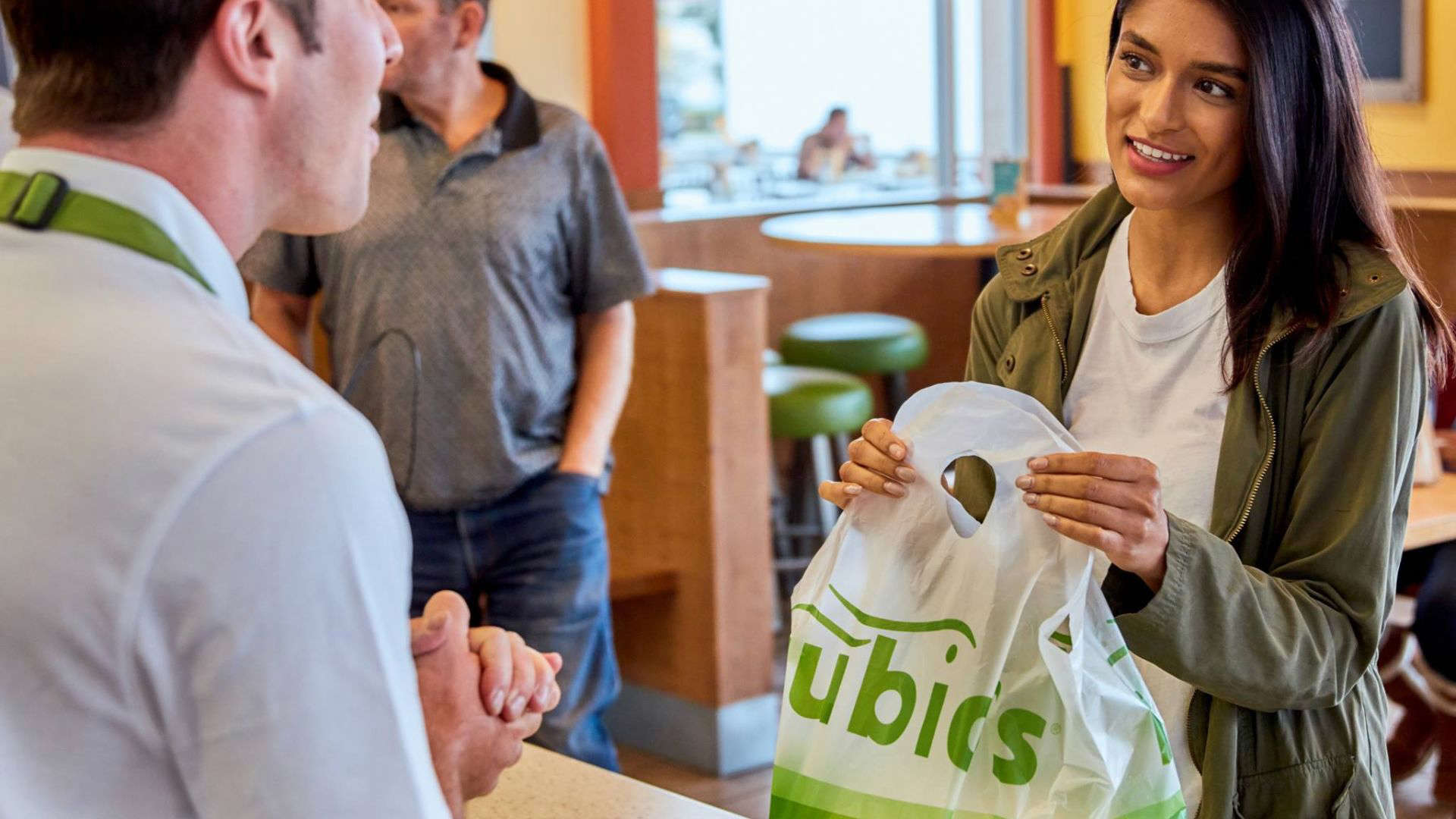
Earlier this month, Rubio’s Coastal Grill said the “rising cost of doing business in California” meant they had no choice but to close 48 of their stores in America’s most populous state.
While many have described Rubio’s as a victim of California’s $20 minimum wage, their problems pre-date the legislation. The chain was forced to close all its eateries in Florida and Colorado during the pandemic; filing for bankruptcy protection and restructuring in 2020.
A Promising Start
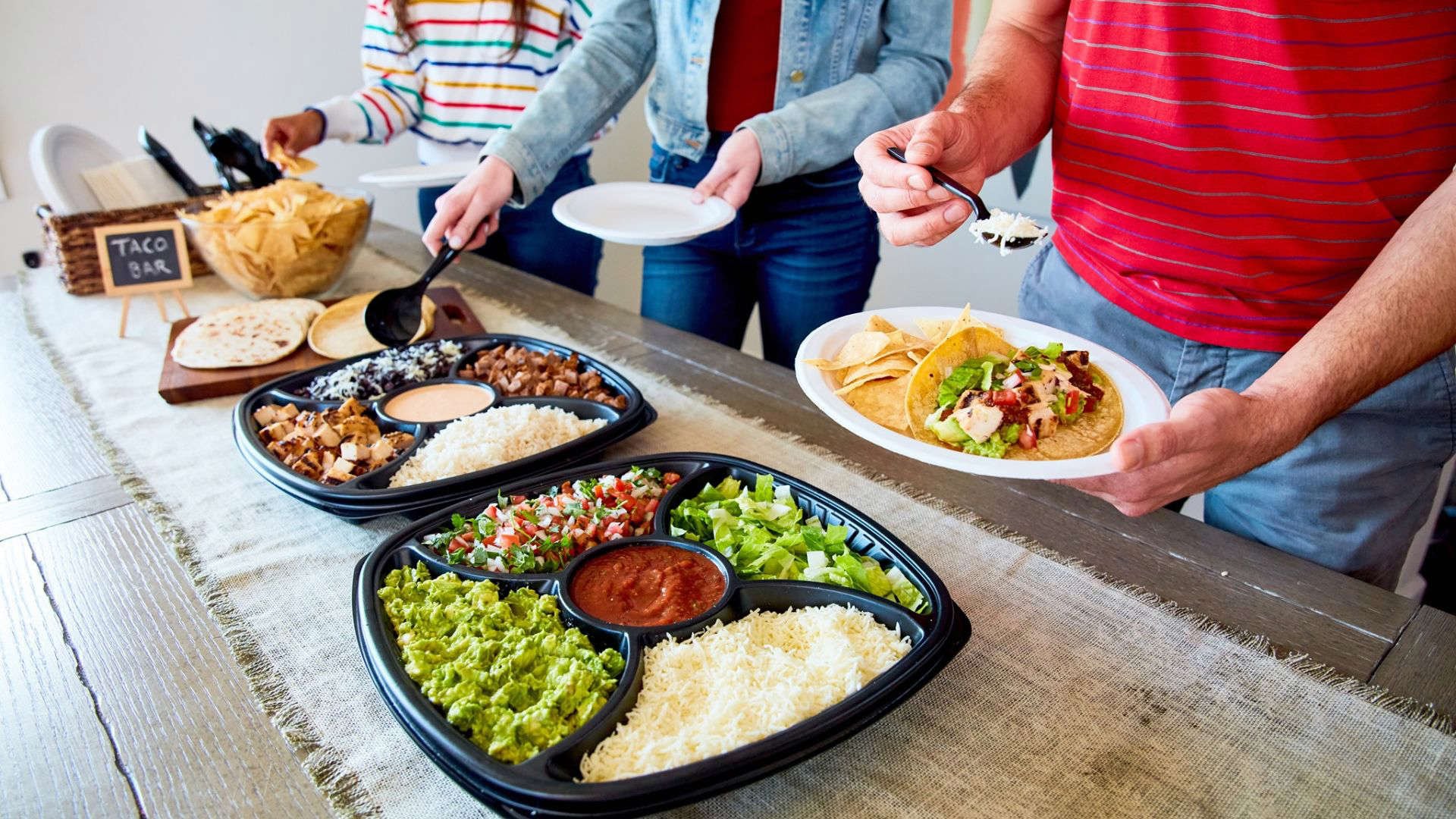
Rubio’s story began in the late 1970s when founder Ralph Rubio first discovered fish tacos on Spring Break in California.
By 1983, he was selling the tacos in San Diego and earned the title of San Diego’s taco king. Three years later, he was celebrating the grand opening of the third Rubio’s location in San Diego’s Pacific Beach neighborhood.
Another Victim of The Pandemic
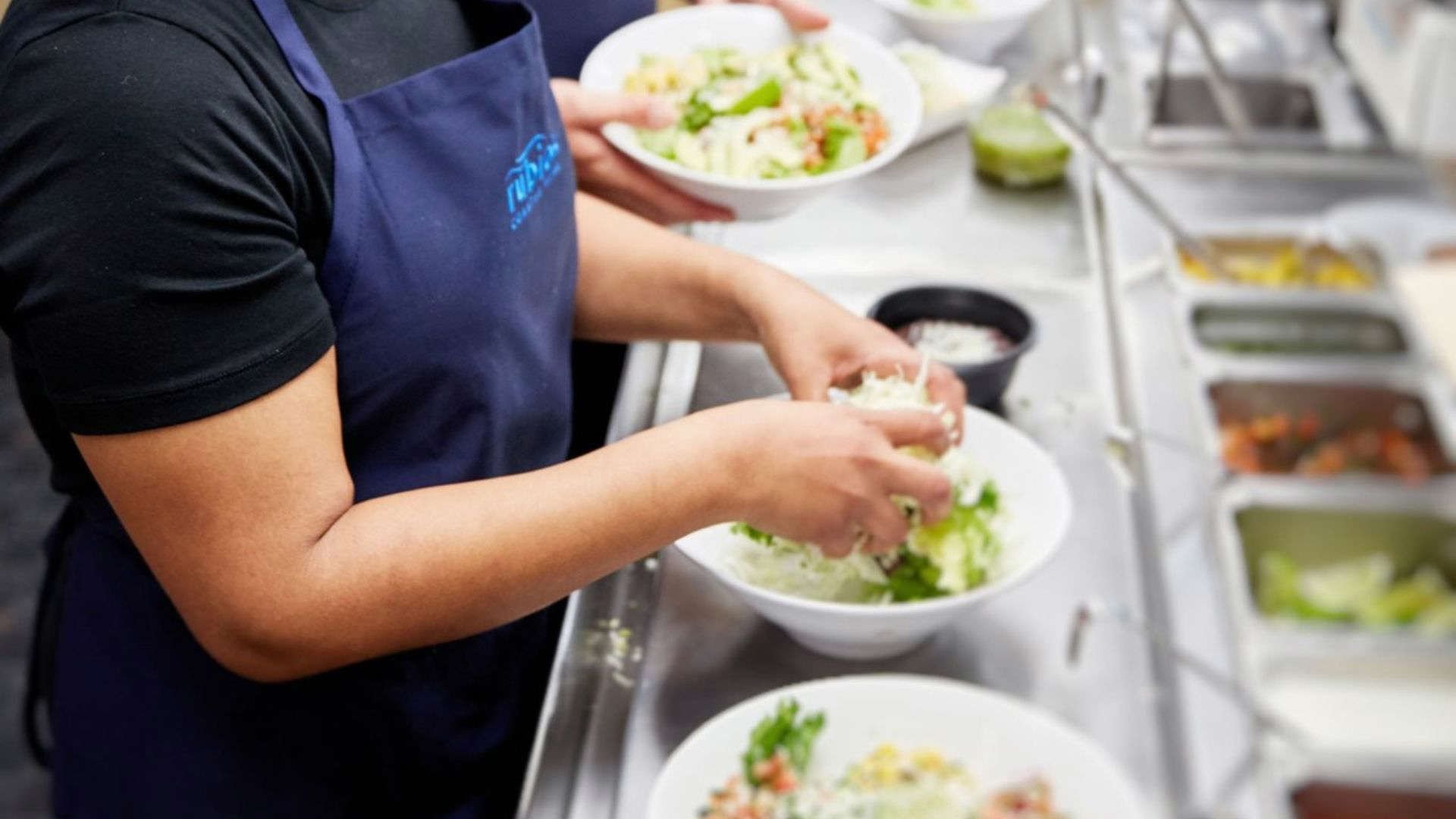
At the peak of it’s popularity, Rubio’s boasted over 200 restaurants across America.
However, Rubio’s – like so many other businesses – struggled to maintain their success during the COVID-19 pandemic. Compounding their struggles was heavy competition from rivals like Chipotle.
A Third of Locations Gone
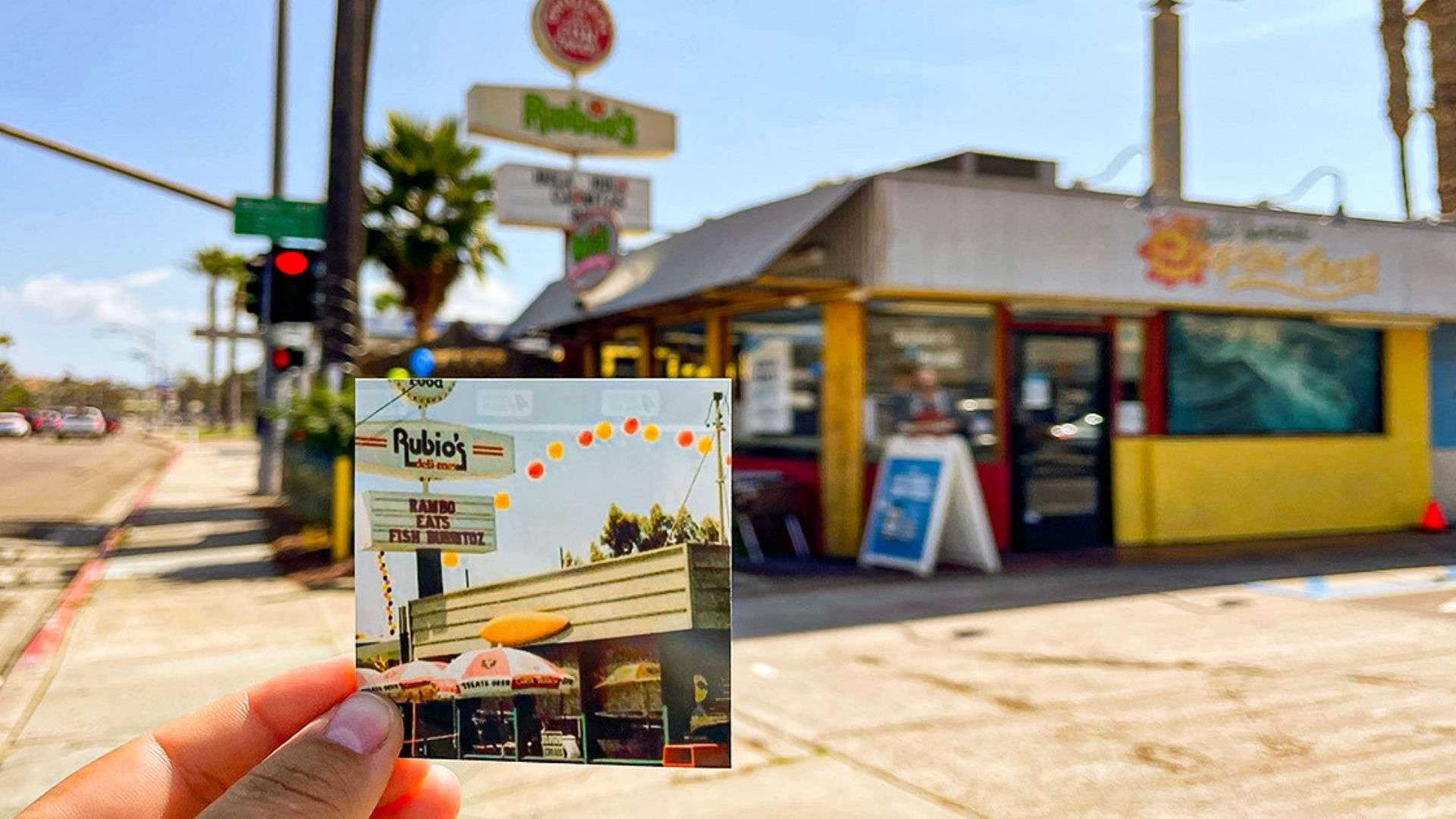
This week’s news represents a blow to a chain that was already a diminished presence after the pandemic. This new wave of closures will affect more than a third of Rubio’s remaining locations across California, Nevada, and Arizona.
Rubio’s plans to continue operating 86 restaurants across the three Southwestern states. Still, these closures will leave many fans and employees in the lurch.
Are Increased Wages Really to Blame?

Economics professor Alan Gin, of University of San Diego, has previously warned that businesses will “really be hit hard” by the increase in the minimum wage for fast food workers from $16 per hour to $20 per hour.
However, Michael Reich, UC Berkeley Chair of the Center on Wage and Employment Dynamics, disagrees. He says previous research has found that increasing the minimum wage increases employment, lowers turnover rates, and makes employee recruitment easier.
Social Media Erupts Over Sudden Closures
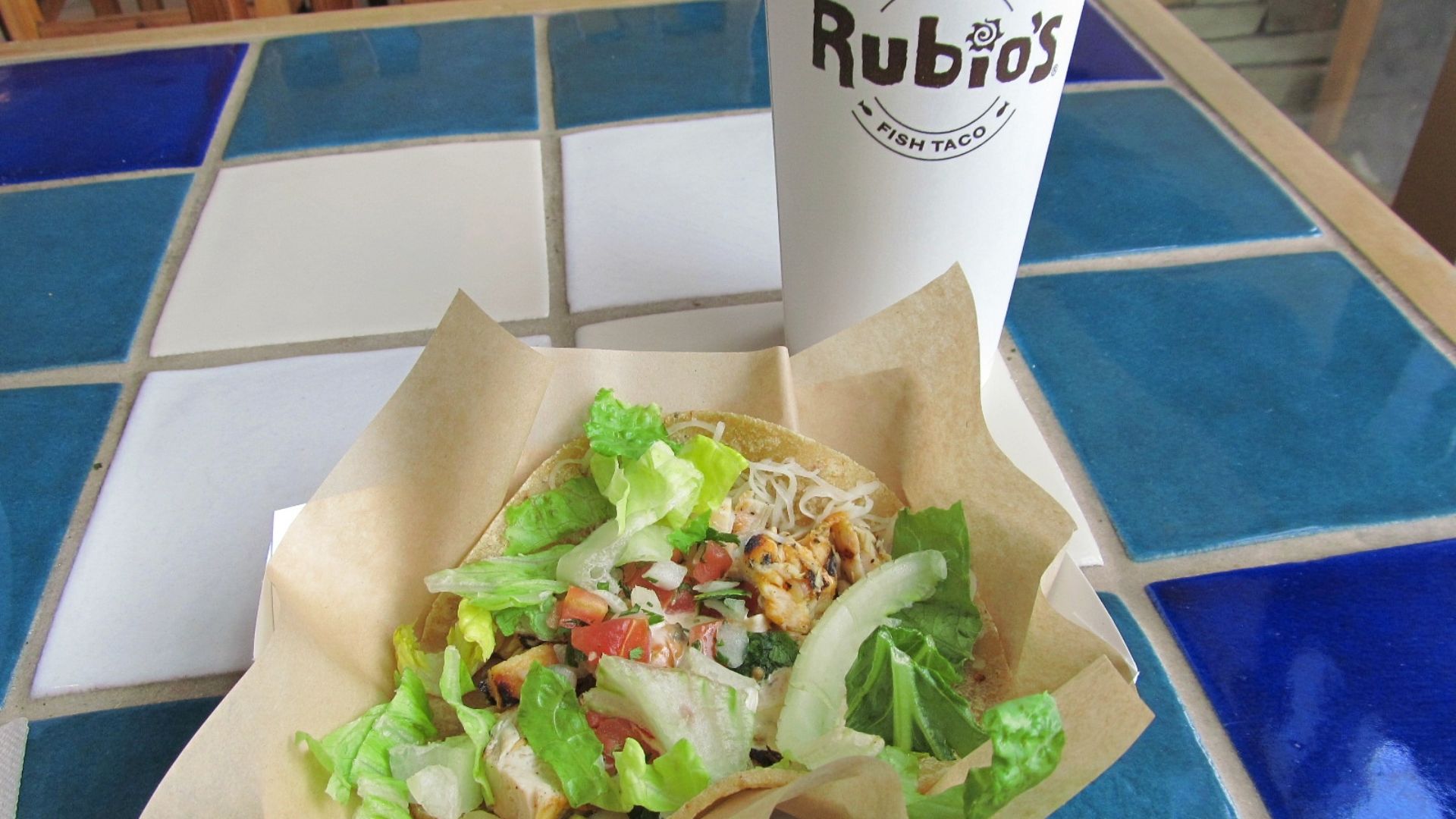
Both employees and diners have taken to social media to express their shock and frustration over the new closures.
“They legit told us this morning when we showed up for work that today was going to be our last day. No severance, no warning, nada,” one employee shared on Reddit. While one customer opined, “My daughter is going to cry. It’s her fave.”
List of Closures and Plans For The Future

Rubio’s has yet to comment on which exact restaurants were going to be hit, but a social media user listed closures around LA, including Fullerton and Marina Del Rey.
Additional closures in the LA area include Pasadena, Santa Clarita and Anaheim Hills. 86 stores remain open in California, Arizona and Nevada.
A Symptom of a Wider Problem
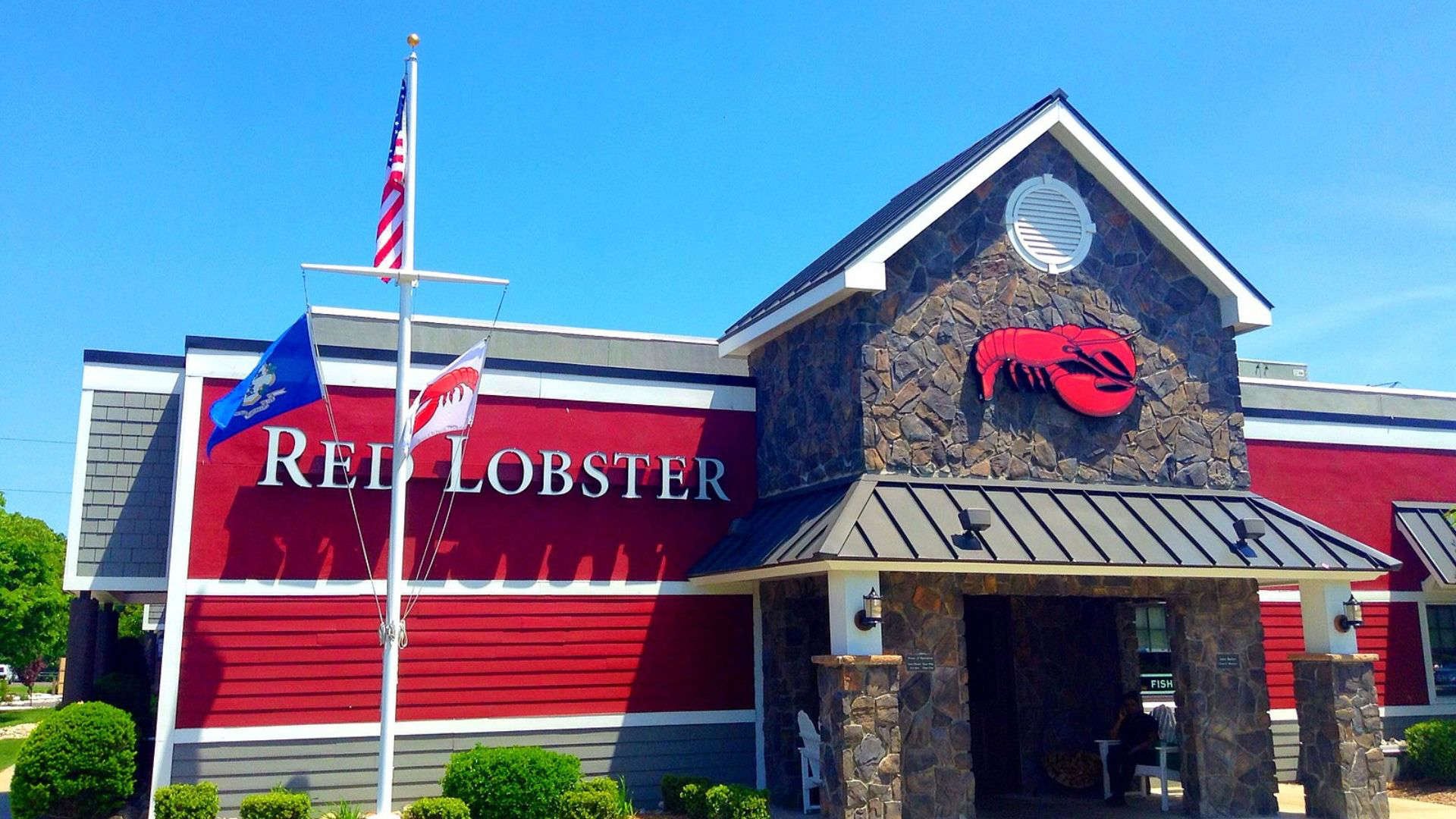
The recent Rubio’s closures are a symptom of the wider restaurant industry feeling the pinch; with a recent spate of bankruptcies seen across many companies.
Upmarket burger restaurant, BurgerFi, as well as Red Lobster have been reeling under financial pressures. Their struggles hint at a broader trend of challenges within the sector.
What Does The Future Hold For Fast Food Workers?
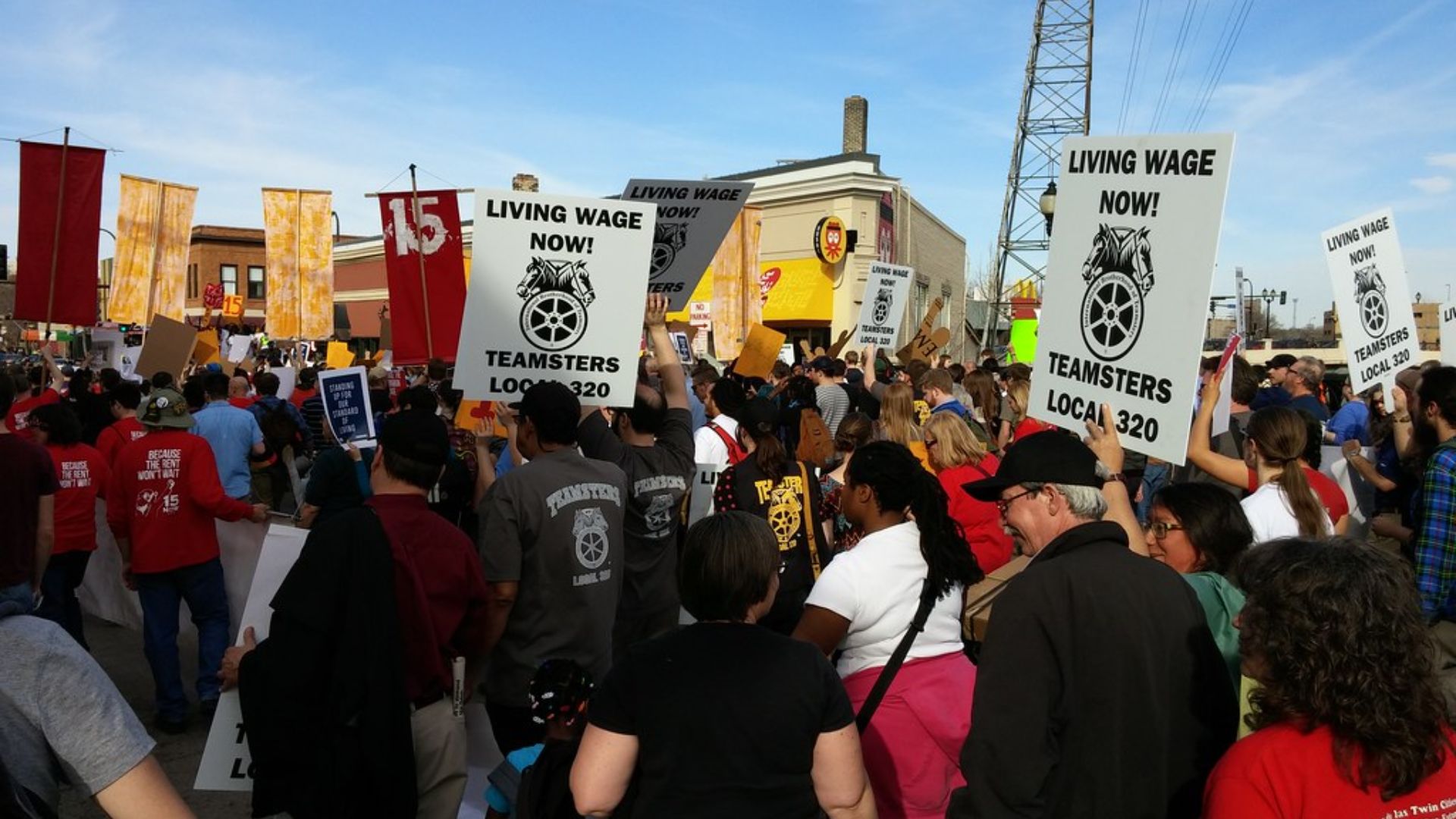
As companies like Rubio’s adjust to economic pressures by closing restaurants and firing employees, many fast-food workers will be worried about what their future holds.
Only time will tell how the industry meets these challenges. Undoubtedly, many politicians outside The Golden State will be looking at whether the new minimum wage is a success or failure in California to decide if they should take similar action.


